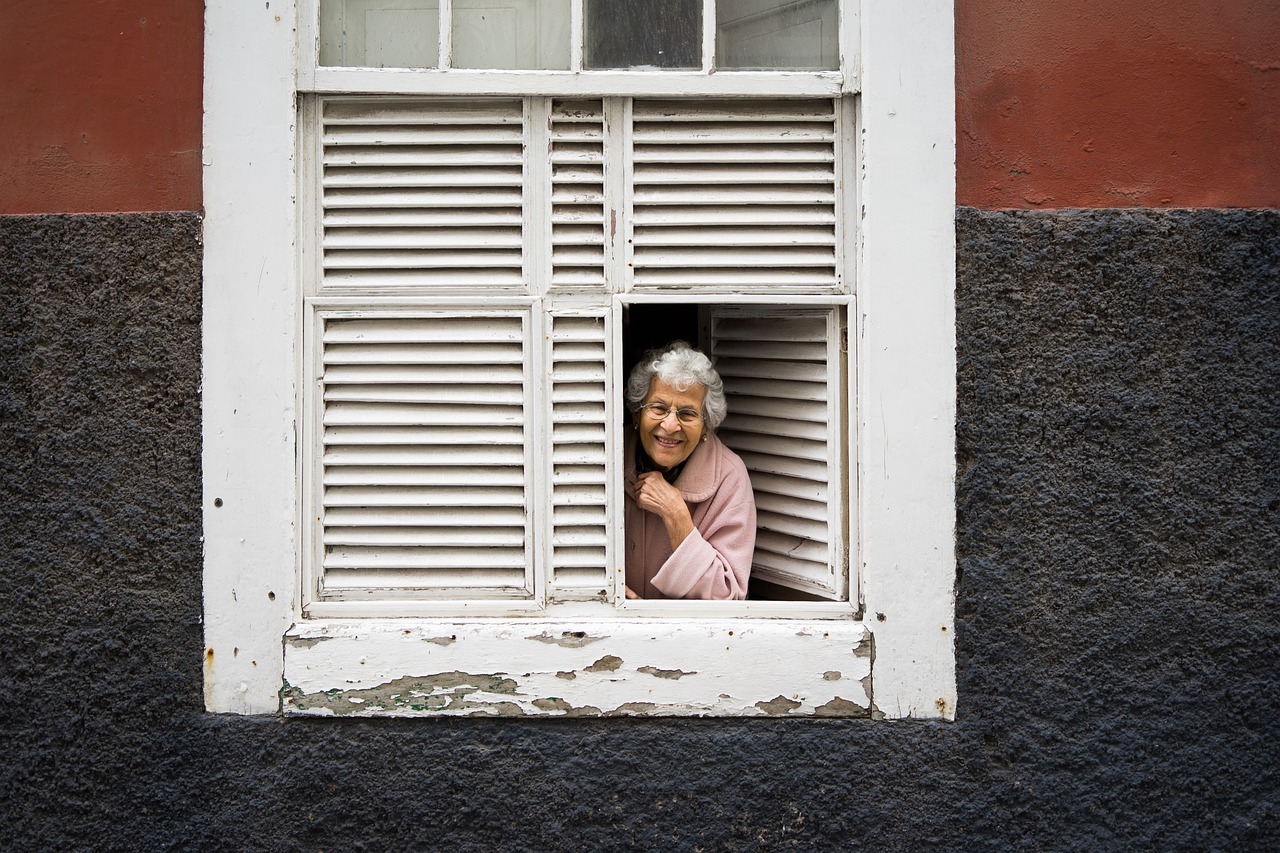Wisdom 6: 12-16 (RM) or Amos 5: 18-24 (RCL); Psalm 63; 1 Thessalonians 4:13-18 (RM) or 13-14 and 15-18 (RCL); Matthew 25: 1-13.
At my age, just a tad past 70, I should qualify as a wise elder – or, at least, be able to pass for one well enough to be of some help and support to family, friends and groups in my life. But what is wisdom exactly? Not making as many mistakes? Dispensing pithy truths at just the right moment? Ha! Well, sometimes.
Wisdom emerges as the theme for our readings this Sunday, but there are some very odd things going on with the way the Lectionaries have selected the First Reading to introduce the Gospel. We seem to have three different interpretations of wisdom, and they don’t entirely complement each other.
The Roman Missal uses a stunningly brilliant poetic excerpt from the book of Wisdom, who is personified as a woman. Moreover she is depicted here not as a sort of abstract concept or lofty virtue, but a living, acting agent. Wisdom has choices. Wisdom can act as she chooses. And she chooses, not to sit back and wait for humans to seek her out, but to run to meet them halfway. She actually makes forays to find people:
“she goes about seeking those worthy of her, and she graciously appears to them in their paths, and meets them in every thought.”
What a fine image. And what an amazing affirmation of the nature of God and how accessible is God’s love. Commentator Catherine Cory writes,
“Wisdom’s unfading radiance is due to her connection with the divine. Elsewhere in Wisdom, she is described as reflecting divine light, as a mirror (Wisdom 7:26.) The people who love her learn to be discerning and free from care because she is with them, appearing in their paths and meeting them ‘in every thought.’ What a beautiful message.”
We could actually stop here in our Sunday reflection, and maybe if I were a truly wise elder, I would. But the little bit of snark in me can’t help but ask: how is this “radiant and unfading” Lady Wisdom supposed to shed light on the use of the term “wise” in the Gospel reading on the “wise” and “foolish” young women waiting for the bridegroom to show up?
For me it falls flat. This parable has so many logical glitches that it has to be a made-up story designed to prod early Christians to keep their noses clean in case of the second coming of Christ. Even though we don’t know a great deal about ancient Galilean marriage customs, we do know that even if the girls were waiting for the groom and not waiting with the bride, and even if several didn’t bring enough oil, would the merchants remain open 24/7 to sell them oil? The point of the story seems to be, not the oil supply, but a failure to think ahead. And by extension, what would the application be for Christians? Watch yourselves. It doesn’t feel as much an invitation to the joy of a wedding feast as a threat.
The Revised Common Lectionary, on the other hand, uses a reading from the prophet Amos where, at least, the threat is right up front:
“Woe to you…” because the coming of God will be “darkness, not light; as when a man flees from a lion [and] a bear confronts him; when he reaches home and leans a hand against a wall, a snake bites him.”*
Holy guacamole. You have to get to the last line for the good stuff:
“Let justice roll on like water, and righteousness like an ever flowing stream.”
I’m visualizing Lady Wisdom with her chin in her hand, shaking her head.
Is wisdom perhaps better discerned as grace and serenity in the face of pain, fear, controversy or aggression? This is not the same as taking a passive attitude. It may mean an intensity of presence that doesn’t back down. It may mean inspiring others in fearful circumstances not to let fear cloud their discernment of what to do. It may mean simply summoning the courage to do the right thing ourselves. And sometimes the right thing is right in front of you – you don’t need to overthink it.
Maybe the right thing is out there on the highway of our daily lives, seeking us out, coming to meet us and calling our name.
© Susan K. Roll
*Translation by Werner Weinreich.
Susan Roll retired from the Faculty of Theology at Saint Paul University, Ottawa, in 2018, where she served as Director of the Sophia Research Centre. Her research and publications are centred in the fields of liturgy, sacraments, and feminist theology. She holds a Ph.D. from the Catholic University of Leuven (Louvain), Belgium, and has been involved with international academic societies in liturgy and theology, as well as university chaplaincy, Indigenous ministry and church reform projects.




